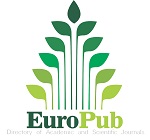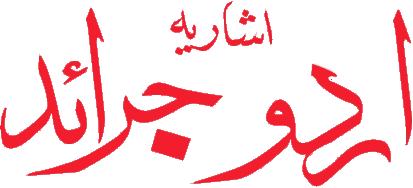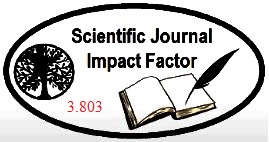Ethical Guidelines for Editors
As stewards of scholarly discourse and custodians of academic integrity, editors at "ROOH-E-TAHQEEQ" are entrusted with upholding the highest ethical standards in the publication process. The following guidelines outline the ethical responsibilities and expectations for editors to ensure the integrity, fairness, and transparency of our journal:
- Editorial Independence:
Editors are expected to exercise editorial independence and impartiality in their decision-making processes, free from undue influence or bias. Editorial decisions should be based solely on the quality, significance, and relevance of the manuscript to the journal's scope and objectives.
- Conflict of Interest:
Editors should disclose any potential conflicts of interest that may affect their judgment or decision-making process. Conflicts of interest may arise from personal, professional, financial, or institutional relationships with authors, reviewers, or stakeholders involved in the publication process. Editors should recuse themselves from handling manuscripts where a conflict of interest exists and delegate responsibilities to another qualified editor.
- Fair and Impartial Peer Review:
Editors are responsible for ensuring a fair, impartial, and constructive peer-review process for all submitted manuscripts. Manuscripts should be evaluated based on their scholarly merit, originality, significance, and adherence to ethical standards, regardless of the authors' identity, institutional affiliation, or prestige.
- Confidentiality and Privacy:
Editors should respect the confidentiality of all individuals involved in the peer-review and publication process, including authors, reviewers, and editorial staff. Manuscripts under review should be treated as confidential documents, and editors should refrain from disclosing information about the manuscript or its review process without permission.
- Plagiarism and Ethical Misconduct:
Editors should be vigilant in detecting and addressing plagiarism, data fabrication, falsification, and other forms of ethical misconduct. Suspected cases of plagiarism or misconduct should be investigated promptly and handled in accordance with the journal's policies and guidelines. Editors should maintain transparency and communicate openly with authors, reviewers, and readers about ethical concerns and actions taken.
- Transparency and Accountability:
Editors should strive to maintain transparency and accountability in their editorial processes and decisions. Editorial policies, guidelines, and practices should be clearly communicated to authors, reviewers, and readers. Editors should be responsive to inquiries, feedback, and concerns raised by stakeholders and should be willing to address and rectify any issues or errors identified in the publication process.
- Editorial Integrity and Quality:
Editors are responsible for maintaining the integrity and quality of the journal's content and ensuring that published manuscripts meet the journal's standards of excellence. Editors should actively seek to improve the journal's editorial processes, policies, and practices to enhance the quality and impact of published research.
- Continuous Professional Development:
Editors should engage in continuous professional development to stay informed about emerging trends, best practices, and ethical standards in academic publishing. Editors are encouraged to participate in relevant training, workshops, and professional development opportunities to enhance their editorial skills and knowledge.
By adhering to these ethical guidelines, editors at "ROOH-E-TAHQEEQ" contribute to the advancement of knowledge, uphold the integrity of scholarly research, and foster a culture of trust, transparency, and excellence in academic publishing.














